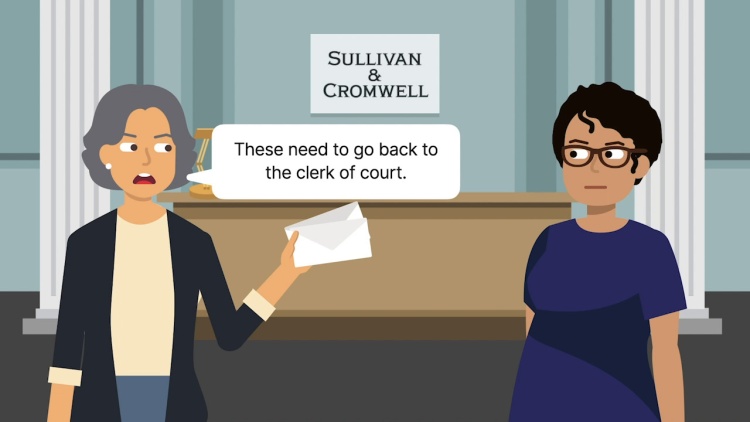Maples v. Thomas
United States Supreme Court
565 U.S. 266 (2012)

- Written by Sara Rhee, JD
Facts
In 1997, Cory R. Maples (plaintiff) was sentenced to death for murder in Alabama. Maples sought postconviction relief in state court on grounds that he had been given ineffective assistance of counsel. Two attorneys at a New York law firm represented Maples in his application for postconviction relief. Because the attorneys were barred in another jurisdiction, they associated with local counsel, John Butler, on condition that they handle all substantive issues of the case. In 2002, the two attorneys left the New York law firm, which precluded them from representing Maples. Neither attorney notified Maples or the trial court. In May 2003, the Alabama trial court denied the petition for postconviction relief. Notice of the denial was sent to the two attorneys but was returned to the clerk of the court. The clerk did not attempt to mail the notices again. Butler received the notice but he did not take any action because he believed the New York attorneys received the notice and would act accordingly. Consequently, the time to appeal lapsed. Maples later filed a petition for a writ of habeas corpus in the district court. The petition was denied. The Eleventh Circuit affirmed, due to Maples’ failure to appeal the Alabama trial court’s denial of postconviction relief.
Rule of Law
Issue
Holding and Reasoning (Ginsburg, J.)
Dissent (Scalia, J.)
What to do next…
Here's why 907,000 law students have relied on our case briefs:
- Written by law professors and practitioners, not other law students. 47,100 briefs, keyed to 996 casebooks. Top-notch customer support.
- The right amount of information, includes the facts, issues, rule of law, holding and reasoning, and any concurrences and dissents.
- Access in your classes, works on your mobile and tablet. Massive library of related video lessons and high quality multiple-choice questions.
- Easy to use, uniform format for every case brief. Written in plain English, not in legalese. Our briefs summarize and simplify; they don’t just repeat the court’s language.





